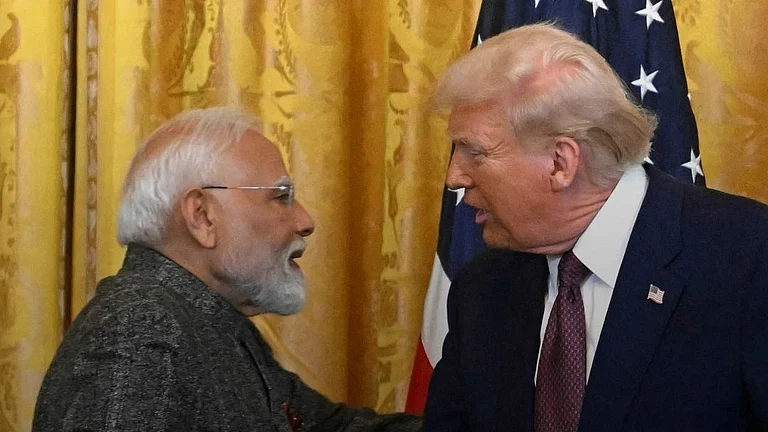India is turning down pressure from Russian oil suppliers to pay for crude purchases in Chinese currency.
According to a senior Indian official directly involved in the negotiations and another senior individual at a state-owned oil refiner, some Russian oil suppliers want payment in yuan, according to a Bloomberg report.
The two individuals and two additional Indian government officials claim that the central government will not accede to their requests. Since about 70 per cent of India's refiners are government-owned, they must abide by the Ministry of Finance's directives on payments.
The largest state refiner, Indian Oil Corp., had previously paid in Yuan for Russian crude, but the government has now tightened restrictions on that.
Private refiners may also settle payments in yuan, albeit there are no statistics available from the government or the industry to demonstrate the extent.
Russia has a surplus of rupees that it is having trouble utilising, and at the same time, its demand for yuan has increased significantly over the past year as the country's economy becomes increasingly dependent on China for imports.
Yuan has become the currency of choice for Russian enterprises to settle more of their trade in, dethroning the dollar as the country's most popular trading currency this year.
According to a senior executive from an Indian oil refiner who asked to remain anonymous, the failure of the parties to agree on the exchange currency recently caused payment for four to five cargoes to be delayed.
India's reluctance to conduct business in yuan highlights how difficult it is for India to strike a balance between its connections with China, a geopolitical opponent, and Russia, a significant economic ally.
In addition to harming India's own efforts to internationalise the rupee, popularising the yuan at the expense of the rupee runs the potential of backlash against the Modi government when it runs for a third term in office in the elections in 2024.
India was the only country in the BRICS bloc to oppose the creation of a common currency because of its concern that the decision would inevitably favour the yuan.
Given its large trade surplus with India, Russia has amassed assets worth billions of dollars in rupees, but it finds it difficult to put the money to good use. It is challenging to use the rupee in international trade because it is not a completely convertible currency.
Russia's Foreign Minister Sergei Lavrov had earlier stated that the accumulation of rupee assets is a 'problem' and that plans are being made to convert the money into another currency.
































